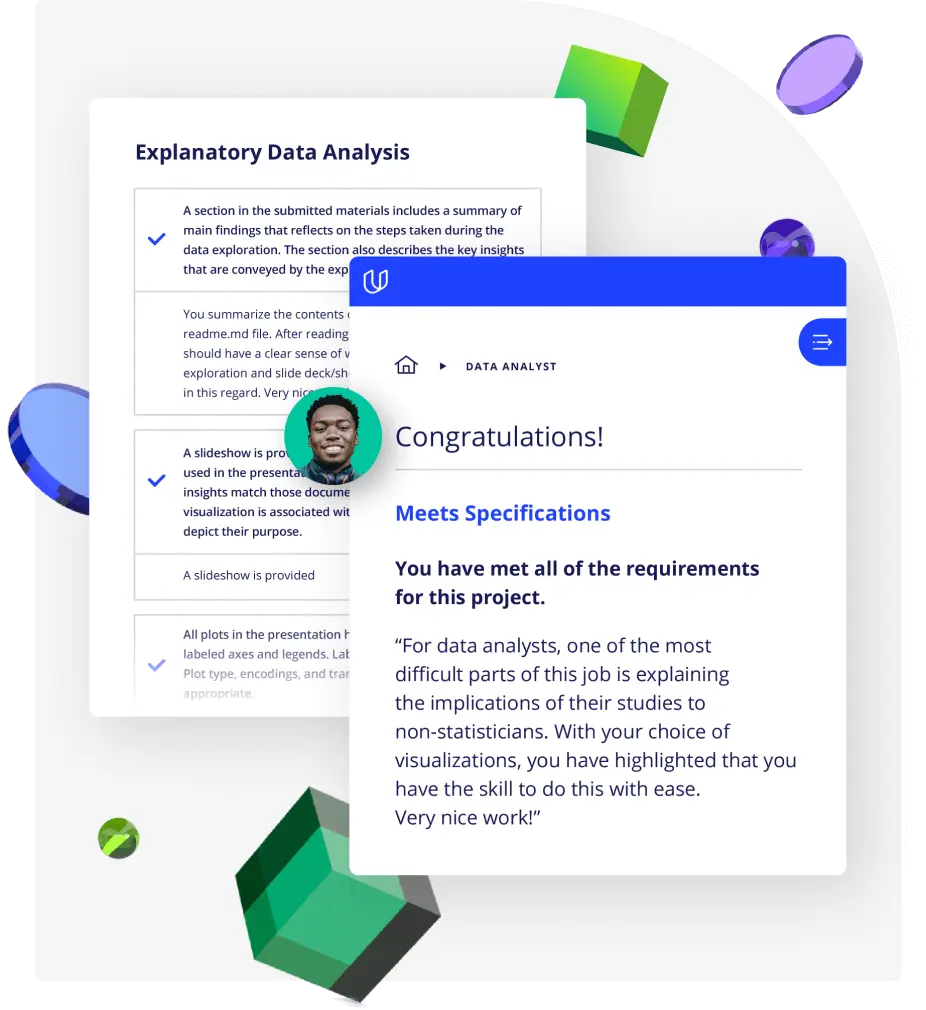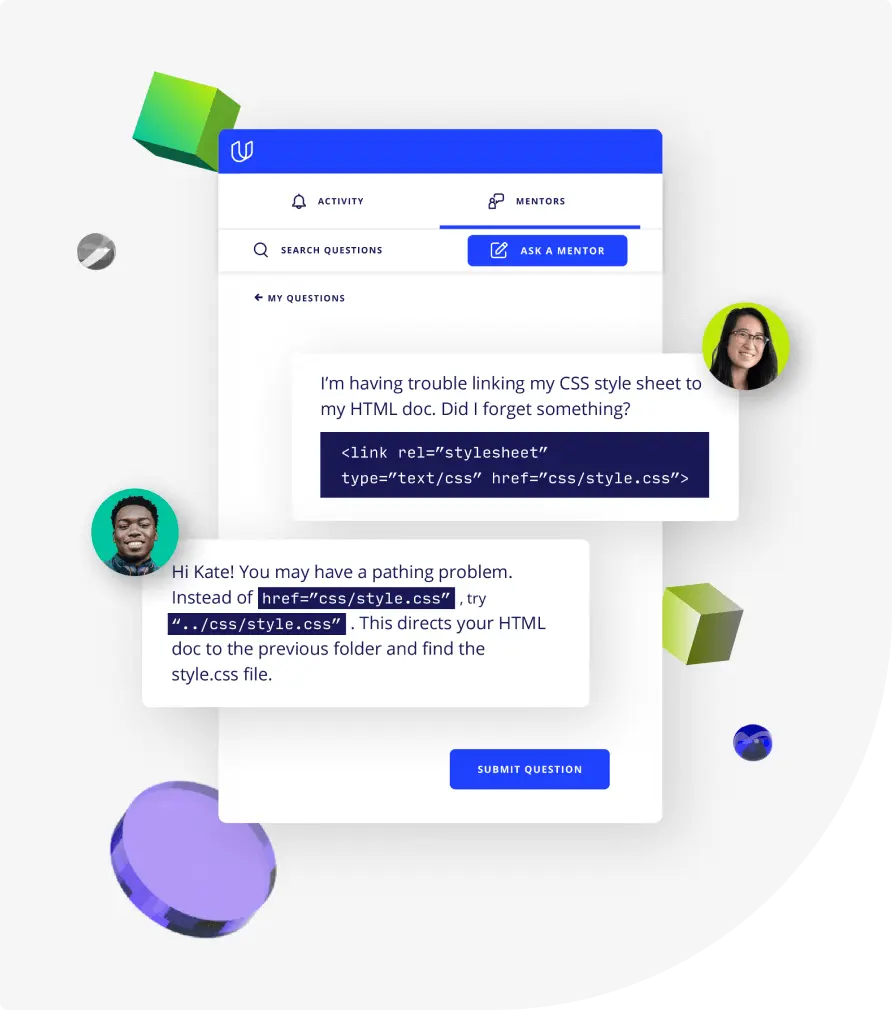Lesson 1
Zero Trust Security Concepts
This lesson is a review of the core components required to implement a zero trust security system and how policy-based management systems allow us to "Never Trust, Always Verify".

Course
In this course, you will learn the core components of Site Reliability Engineering. This course starts with introducing the Zero Trust Security system, then proceeds to discuss Service Level Objectives and indicators, capacity management, on-call effectiveness, and incident management.
In this course, you will learn the core components of Site Reliability Engineering. This course starts with introducing the Zero Trust Security system, then proceeds to discuss Service Level Objectives and indicators, capacity management, on-call effectiveness, and incident management.
Fluency
6 hours
Completion Certificate
Last Updated February 12, 2024
Skills you'll learn:
Prerequisites:
No experience required
Lesson 1
This lesson is a review of the core components required to implement a zero trust security system and how policy-based management systems allow us to "Never Trust, Always Verify".
Lesson 2
In this lesson, we will learn about how SREs monitor using SLOs and SLIs. We will create queries in Prometheus and dashboard in Grafana.
Lesson 3
System capacity is an essential part of ensuring reliability. This lesson discusses how to balance system capacity with costs to ensure that resources and money are not being wasted.
Lesson 4
Having a solid on-call is very important to achieving peak reliability. This lesson discusses how to have balanced on-call shifts with a solid incident management process that your team can follow.

Security Analyst
Richard is an SSCP, CISSP, and CIPP/US with over a decade of enterprise systems administration experience, working with businesses to meet the demands of a continually evolving threat landscape. Richard holds a BA in Psychology from Hendrix College and a Master's of Education from Lesley University.

Site Reliablity Engineer
Travis Scotto is a Site Reliability Engineer at Webstaurantstore. At Webstaurantstore they help monitor, maintain and automate many parts of the web operation. They also work as an adjunct IT professor at Central Penn College. They have a masters degree in Information Systems Engineering from Johns Hopkins University.

Site Reliability Engineer
Sonny Sevin is a Site Reliability Engineer for a major pharmaceutical company, where he works on various projects supporting oncology software. He formerly worked for Lawrence Berkeley National Lab as an SRE working to maintain and support the super computing clusters at NERSC.
Combine technology training for employees with industry experts, mentors, and projects, for critical thinking that pushes innovation. Our proven upskilling system goes after success—relentlessly.

Demonstrate proficiency with practical projects
Projects are based on real-world scenarios and challenges, allowing you to apply the skills you learn to practical situations, while giving you real hands-on experience.
Gain proven experience
Retain knowledge longer
Apply new skills immediately

Top-tier services to ensure learner success
Reviewers provide timely and constructive feedback on your project submissions, highlighting areas of improvement and offering practical tips to enhance your work.
Get help from subject matter experts
Learn industry best practices
Gain valuable insights and improve your skills

Full Catalog Access
One subscription opens up this course and our entire catalog of projects and skills.
Average time to complete a Nanodegree program
(9)
4 months
, Intermediate
4 weeks
, Intermediate
8 hours
, Fluency
7 hours
, Fluency
9 hours
, Fluency
9 hours
, Fluency
7 hours
, Fluency
4 weeks
, Intermediate
8 hours
, Beginner
4 weeks
, Beginner
4 weeks
, Intermediate
7 hours
, Fluency
6 hours
, Fluency
5 hours
, Fluency
9 hours
, Fluency
8 hours
, Beginner

Site Reliability Engineering (SRE) Fluency
(9)
4 months
, Intermediate
4 weeks
, Intermediate
8 hours
, Fluency
7 hours
, Fluency
9 hours
, Fluency
9 hours
, Fluency
7 hours
, Fluency
4 weeks
, Intermediate
8 hours
, Beginner
4 weeks
, Beginner
4 weeks
, Intermediate
7 hours
, Fluency
6 hours
, Fluency
5 hours
, Fluency
9 hours
, Fluency
8 hours
, Beginner